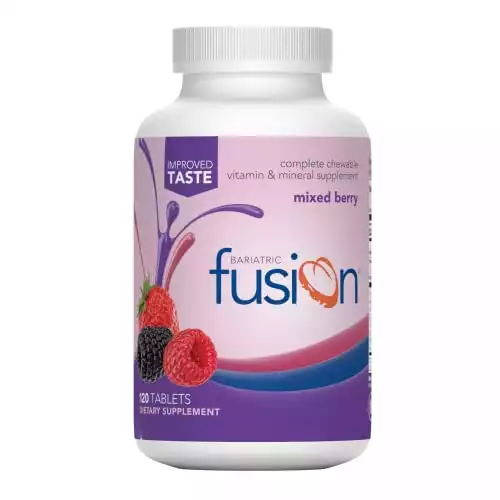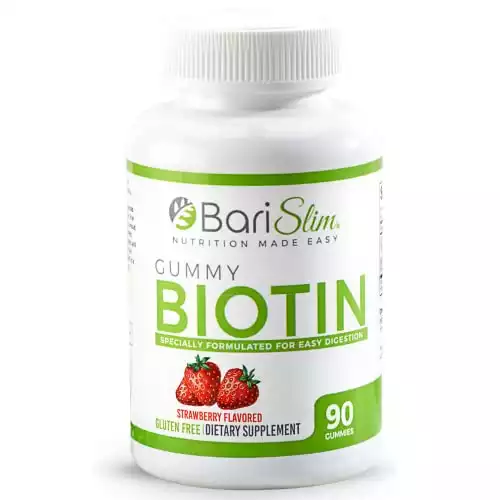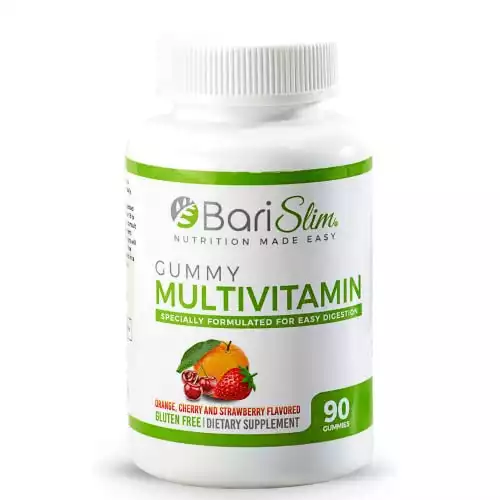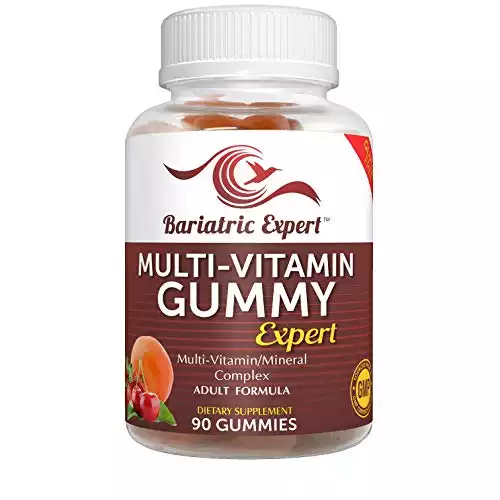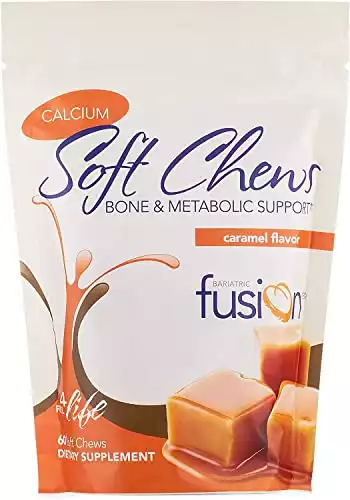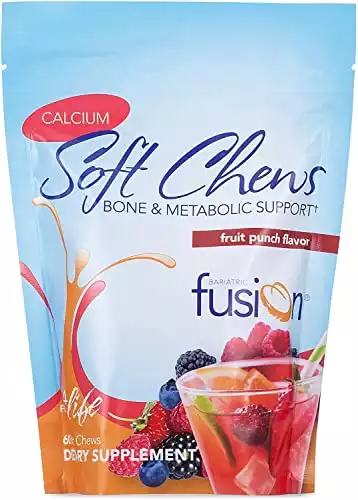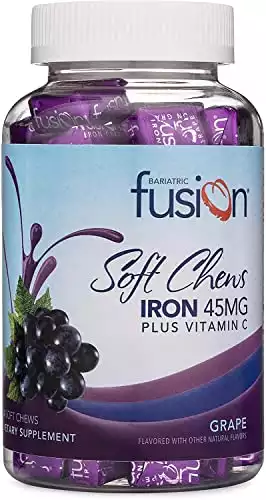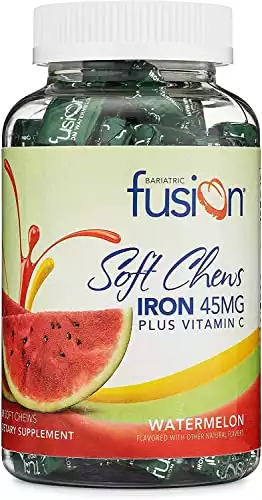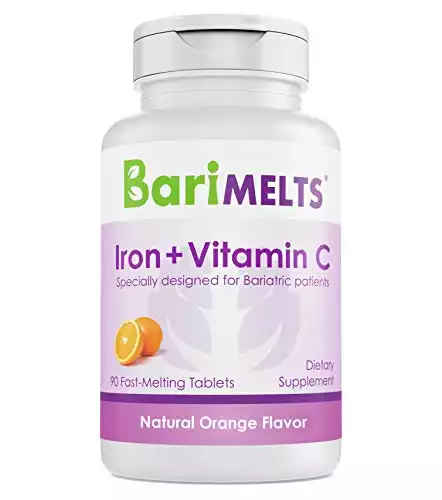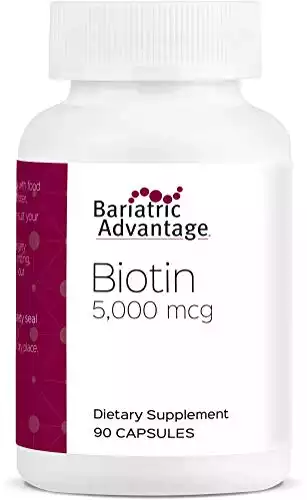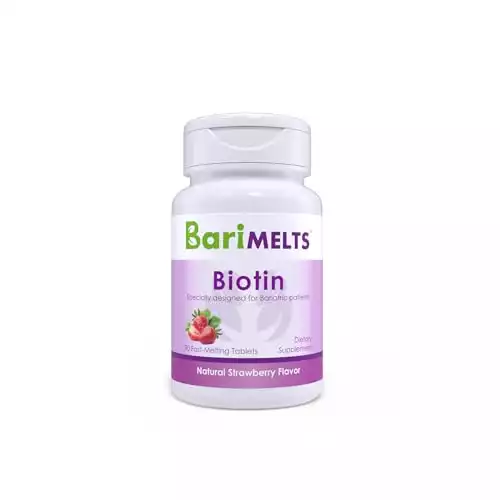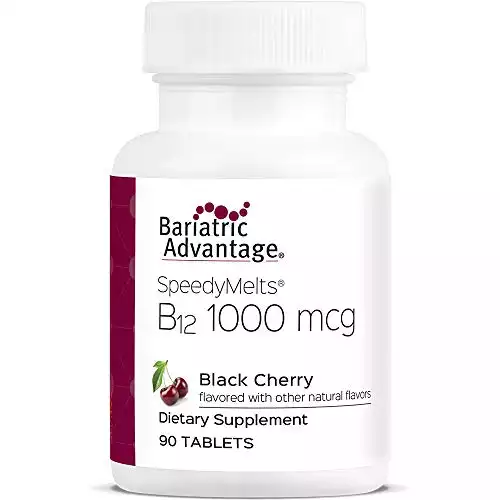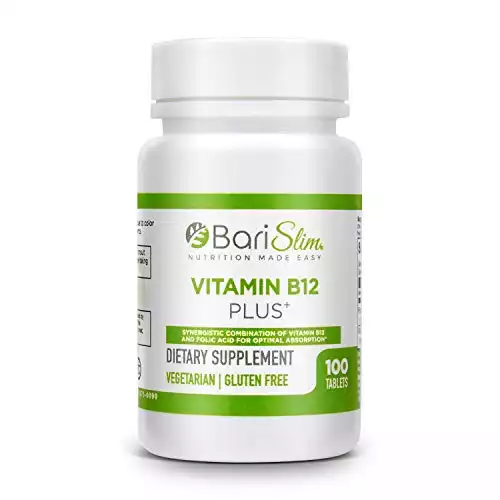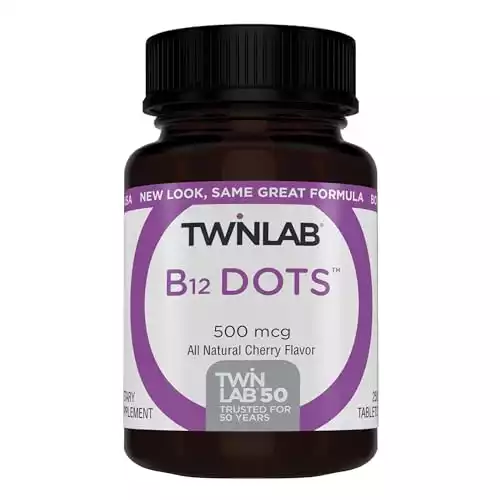Weight loss surgery can lead to various new dietary needs. Your bariatric surgeon may recommend for you to take certain vitamins after your surgery. The vitamins that will best suit you and your needs can depend on different factors, such as the type of bariatric surgery you had and any medical conditions you may have. Your bariatric surgeon will guide you on what you will need following your surgery.
5 Best Bariatric Multivitamins
Bariatric multivitamins offer a great way to ensure your body gets the proper nutrients post-surgery.
|
5 Best Bariatric Gummies
Best Calcium Citrate Vitamins
|
||
5 Best Iron Vitamins
Best Vitamin D Vitamins
|
||
Best Biotin (Hair, Skin, Nails) Vitamins
|
||
Best Vitamin B12 Vitamins
|
Related: Best Bariatric Protein for Patients
Bariatric Vitamin Brands to Consider
- Bariatric Advantage provides a comprehensive line of multivitamins that are designed for bariatric surgery patients. Patients are able to search for dietary and nutritional needs based on their specific bariatric surgery that they had performed, including sleeve, bypass, and gastric balloon.
- Celebrate Vitamins has vitamins and nutritional supplements that have been designed with bariatric patients in mind. Celebrate Vitamins prides themselves on being an affordable option that offers a variety of flavors. They also have various starter kits depending on the type of bariatric surgery you plan on having or have had.
- Bari Life features clinically tested and proven bariatric vitamins. Their goal is to provide practical, affordable, and holistic options to help develop products that provide what individuals need in as few products as possible. While Bari Life has a wide range of different vitamin supplements, they also have an extensive offering of nutritional products. This includes nutrition bars, soups, desserts, and pastas.
- BariatricPal has developed high-quality products to meet various patients’ needs. Patients will be able to find products that help them stick to different diets, including low-carb and vegan diets. While BariatricPal has a wide offering of vitamins, they also feature recipes and meal plans with bariatric surgery patients in mind.
Why does weight loss surgery lead to vitamin deficiencies?
Following weight loss surgery, an individual may experience vitamin deficiencies. When a weight loss surgery is performed, the stomach or small intestine will be altered which can change the way your body absorbs nutrients. The presence of bile, bile acids, and changes in bile secretion can affect the way the body absorbs vitamins and minerals.
Symptoms of Vitamin Deficiency
Vitamin deficiency following bariatric surgery can present itself in varying ways. Symptoms may also vary depending on the type of vitamin a patient is deficient in. However, some common symptoms may include:
- Anemia
- Irritability
- Loss of appetite
- Nausea
- Fatigue
- Headaches
- Mouth lesions
Which vitamins are usually recommended after bariatric surgery?
In order to determine which vitamins a patient will need, testing for vitamin levels is done before and after the weight loss surgery. Vitamin needs can vary between patients. Commonly recommended vitamins following weight loss surgery include:
Multivitamins
Multivitamins are exactly as they sound. They contain multiple vitamins and minerals, as well as differing doses and ingredients. While there are many types of multivitamins on the market, individuals that have undergone bariatric surgery should try to get specifically bariatric multivitamins.
Folate
Folate is important for the formation of red blood cells, as well as growth and function of the cells. Folate is vital for the development of a baby, which makes it important for women or are or may become pregnant to have enough of. Fatigue and irritability could signal a deficiency in folate.
Calcium Citrate
Calcium supplements are also typically recommended, specifically calcium citrate as this is easier for the body to absorb than calcium carbonate. You may need to divide your calcium dosage throughout the day. You also may need to take a vitamin D supplement alongside your calcium supplement and these are often paired together. Calcium helps to make up the structure of the bones and the teeth. It also plays a role in reproduction, clotting, and hormone secretion.
Iron
Iron supplements may be recommended if you are experiencing anemia, especially if your multivitamin is not covering your recommended daily dose. There are both chewable and liquid options available. However, calcium should not be taken at the same time as iron, as it can make the supplement not as effective. Iron is an essential part of hemoglobin, which helps to provide oxygen to the muscles.
Vitamin B12
If your multivitamin provides enough vitamin B12 then you will not need to take an additional supplement. Vitamin B12 is generally recommended in a liquid or tablet form. Vitamin B12 helps to keep the blood and nerve cells healthy. Tingling fingers and toes could signal a deficiency.
Vitamin D
Vitamin D is considered a micronutrient and it is needed for an individual to have strong bones and teeth. Vitamin D is also important for the absorption of calcium. Deficiencies in vitamin D could lead to osteoporosis.
What is the most important vitamin to take?
This is a trick question! Your body after weight loss surgery has new nutritional needs and each vitamin is vital to helping you meet these needs. You will regularly have follow ups with your provider, usually every six months, to determine if your vitamin needs have changed based on vitamin level tests. While all vitamins are important, the vitamins that are most often recommended are multivitamins and vitamin D.
Your bariatric team, including your nutritionist, will help you by recommending specific multivitamins for you to take. There are many more brands than the ones listed above. While you may have seen gummy vitamins on the market, these are actually not typically recommended for those that underwent bariatric surgery. Although they taste pleasant, they may be lacking in key ingredients.
I can’t find bariatric multivitamins, now what?
Bariatric multivitamins can be hard to find. You may have scoured your local pharmacy and been unable to find them. However, your bariatric team can help to direct you on where to find bariatric multivitamins. You may need to pick them up from a clinic that is directly part of your surgical center or you may need to order them online.
Vitamin routines after weight loss surgery can be complex. However, taking your vitamins after bariatric surgery is recommended. Your bariatric team will help you determine which vitamins you will need following your surgery and give your personalized advice.


